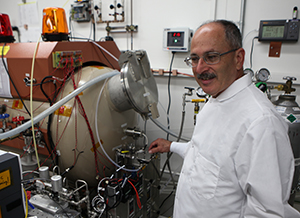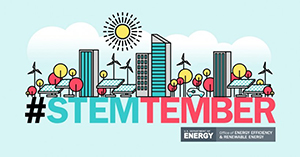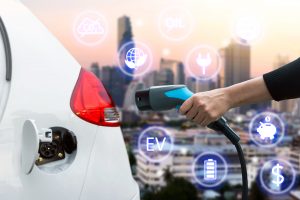 The U.S. Department of Energy (DOE) recently announced $209 million in funding for 26 new laboratory projects focusing on electric vehicles, advanced batteries, and connected vehicles. DOE’s Argonne National Laboratory introduced Li-Bridge, a new public-private partnership to bridge gaps in the domestic lithium battery supply chain. Advanced lithium-based batteries play an integral role in 21st century technologies such as electric vehicles, stationary grid storage, and defense applications that are critical to securing a clean energy future. The projects support goals to make the United States a global leader in electric vehicle and battery innovation; advance the development of these technologies to save families money; lower carbon pollution; and create high-quality jobs. (more…)
The U.S. Department of Energy (DOE) recently announced $209 million in funding for 26 new laboratory projects focusing on electric vehicles, advanced batteries, and connected vehicles. DOE’s Argonne National Laboratory introduced Li-Bridge, a new public-private partnership to bridge gaps in the domestic lithium battery supply chain. Advanced lithium-based batteries play an integral role in 21st century technologies such as electric vehicles, stationary grid storage, and defense applications that are critical to securing a clean energy future. The projects support goals to make the United States a global leader in electric vehicle and battery innovation; advance the development of these technologies to save families money; lower carbon pollution; and create high-quality jobs. (more…)
2nd ECS Singapore Section International Symposium on Energy Materials
Posted on November 10, 2021 by Frances Chaves The 2nd Singapore ECS International Symposium on Energy Materials (SESEM 2021) takes place on November 20 and 21, 2021, in Singapore (virtual). The meeting brings together scientists in the materials or energy area to interact and discuss advances and challenges in various fields. The goal is to promote interaction and generate new ideas to push forward research in the electrochemical community. The symposium includes oral and poster presentations; sponsor-named poster awards will be presented. The symposium organizers cordially invite you to participate in the event and look forward to meeting you soon.
The 2nd Singapore ECS International Symposium on Energy Materials (SESEM 2021) takes place on November 20 and 21, 2021, in Singapore (virtual). The meeting brings together scientists in the materials or energy area to interact and discuss advances and challenges in various fields. The goal is to promote interaction and generate new ideas to push forward research in the electrochemical community. The symposium includes oral and poster presentations; sponsor-named poster awards will be presented. The symposium organizers cordially invite you to participate in the event and look forward to meeting you soon.
Date: November 20-21, 2021
Venue: Digital meeting via Zoom
Time: 0900h (GMT +8) (2000h ET November 19)
DOE Office of Science Accepts Applications for Summer 2022 Undergraduate Internships
Posted on November 9, 2021 by Frances Chaves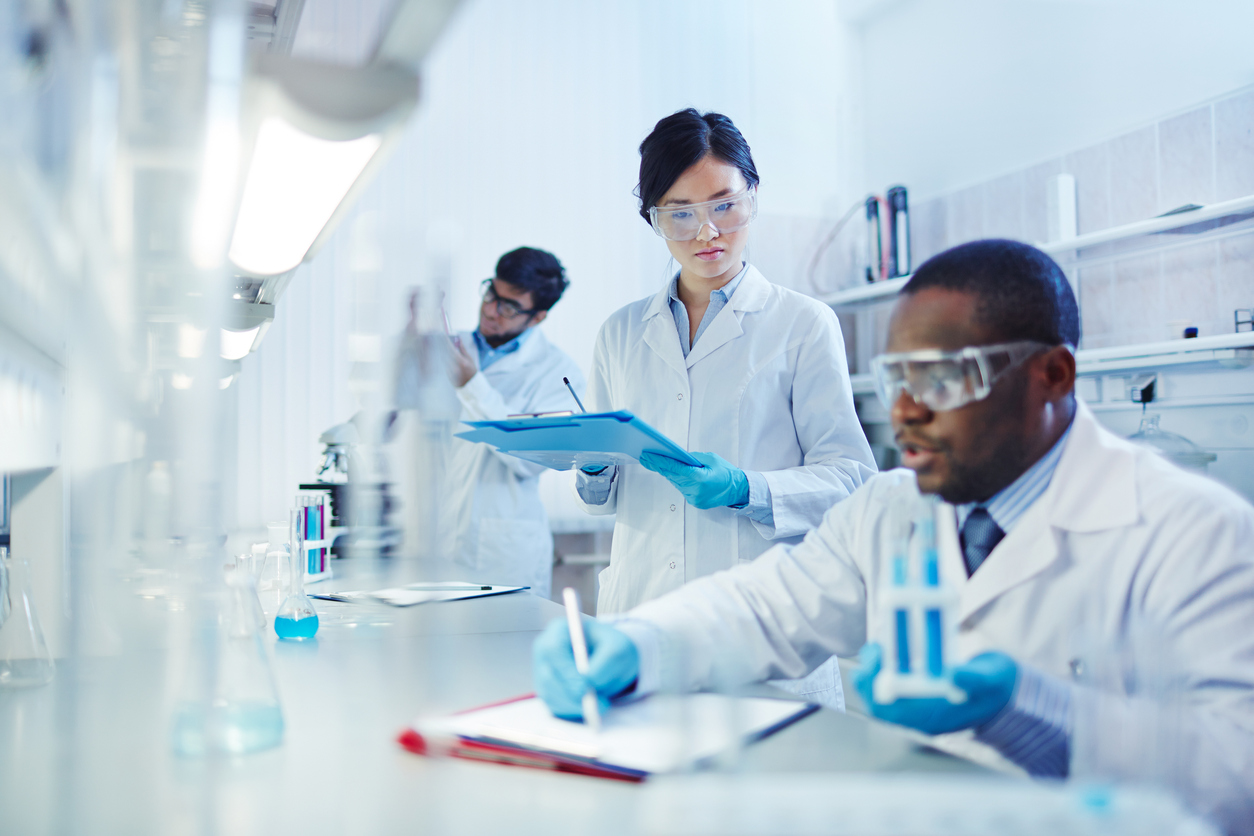 Three US Department of Energy (DOE) Office of Science Programs are currently accepting applications for the summer 2022 term:
Three US Department of Energy (DOE) Office of Science Programs are currently accepting applications for the summer 2022 term:
- Science Undergraduate Laboratory Internships (SULI)
- Community College Internships (CCI)
- Visiting Faculty Program (VFP)
These programs give students the opportunity to conduct research and technical projects at national laboratories. Applications are due by January 12, 2022, at 1700h ET. (more…)
ECS 240th ECS Meeting ECS Lecture Q&A: Electrolysis on Mars: MOXIE and the Perseverance Mission
Posted on October 29, 2021 by Frances ChavesMichael Hecht responds to ECS Lecture questions
Michael H. Hecht delivered the ECS Lecture, Electrolysis on Mars: MOXIE and the Perseverance Mission, at the Plenary Session of the 240th ECS Meeting on October 11, 2021. Answers to questions posed during his lecture follow.
Michael Hecht is the Associate Director for Research Management at the Massachusetts Institute of Technology (MIT) Haystack Observatory. Since 2013, he has been Principal Investigator for the Mars Oxygen In-Situ Resource Utilization Experiment (MOXIE) instrument on NASA’s Mars 2020 Rover (Perseverance) mission, a technology demonstrator to validate the instrumentation and methodology to produce large quantities of oxygen from the Martian carbon dioxide atmosphere using solid oxide electrolysis (SOXE). From September 2019 to August 2020, Professor Hecht served as Deputy Project Director for the Event Horizon Telescope, the consortium that in 2019 delivered the first image of a black hole. His diverse experiences span planetary missions, observational astrophysics, space instrument and SmallSat development, planetary science, and project, program, and line management. Prior to joining MIT, he worked for 30 years at the NASA Jet Propulsion Laboratory (JPL), developing instrumentation for planetary missions. There he achieved the designation of Senior Research Scientist. At JPL, he served as Principal Investigator and Instrument Manager for the MECA (Microscopy, Electrochemistry, and Conductivity Analyzer) instrument on the Phoenix Mars mission. MECA operated through the summer of 2009, with major findings in microscopy, the physical chemistry of water in soil, and notably, in aqueous soil chemistry using electrochemical methods.
Prof. Hecht received his PhD in Applied Physics at Stanford University in 1982 after completing his BA in Physics at Princeton University and MS at MIT. His research has garnered numerous awards including the 2020 Breakthrough Prize in Fundamental Physics and 1990 Lew Allen Award for Excellence. His h-index is 51 with over 11,500 citations. (more…)
Navigating through an intensely competitive job market is intimidating, especially when you can’t find anything to set you apart from thousands of job seekers in the industry. The ECS Career Center is an online career destination that offers a wealth of resources to help you stand out from the competition.
The ECS Career Center lets you access relevant career content to assist with career development. Research the industry, get networking tips, and brush up on your interview skills. Set up Job Alerts to be the first to know when a job matching your criteria is posted. Not sure if your resume or CV makes the cut? Request a review from the experts, to help list your strengths and weaknesses.
Take the first step to land your next job today!
Search for jobs
Jump start the journey to enhance your career. Visit the ECS Career Center for job seeking resources and open positions!
ECS Appoints Ajit Khosla as Founding Editor-in-Chief of ECS Sensors+ Open Access Journal
Posted on October 26, 2021 by Frances Chaves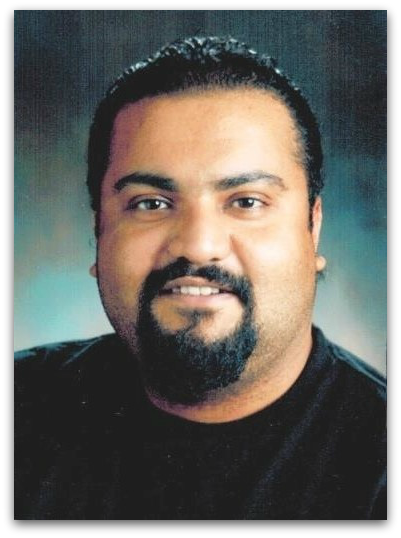 Almost two years after approving the charter for ECS Sensors Plus (ECS’s new gold open access journal scheduled to begin accepting submission in 2022), The Electrochemical Society Board of Directors approved the appointment of Dr. Ajit Khosla of Yamagata University, Japan, as the Founding Editor-in-Chief (EIC).
Almost two years after approving the charter for ECS Sensors Plus (ECS’s new gold open access journal scheduled to begin accepting submission in 2022), The Electrochemical Society Board of Directors approved the appointment of Dr. Ajit Khosla of Yamagata University, Japan, as the Founding Editor-in-Chief (EIC).
Ajit Khosla
Dr. Khosla has been a valued member of ECS for over 11 years, actively engaging with activities to move forward ECS’s mission. His service includes, but is certainly not limited to, Technical Editor of the Sensors Technical Interest Area for the Journal of The Electrochemical Society and ECS Journal of Solid State Science and Technology; Chair of the ECS Sensors Division; member of the Symposium Planning Advisory Board; Editor of the very popular JES Focus Issue on Sensor Reviews; Editor of the forthcoming JES Focus Issue on Women in Electrochemistry; and he is currently in the editorial stage of a book to be added to the ECS Monograph series in 2022.
$400M for Basic Research to Advance the Frontiers of Science
Posted on October 13, 2021 by Frances ChavesIn the Annual Open Call Funding Announcement (FOA), the U.S. Department of Energy (DOE) announced up to $400 million in funding for a range of research opportunities to support DOE’s clean energy, economic, and national security goals. The DOE Office of Science’s funding priorities include:

- Advanced Scientific Computing Research
- Basic Energy Sciences
- Biological and Environmental Research
- Fusion Energy Sciences
- High Energy Physics
- Nuclear Physics
- Isotope R&D and Production
- Accelerator R&D and Production
University of Maryland Names ECS President Eric Wachsman Distinguished Professor
Posted on October 7, 2021 by Frances Chaves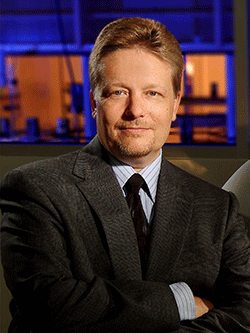 The Society congratulates Eric D. Wachsman, President of The Electrochemical Society, for his recent appointment as Distinguished University Professor at the University of Maryland (UMD), where he is Director of the Maryland Energy Innovation Institute and Crentz Centennial Chair in Energy Research, with appointments in the Departments of Materials Science & Engineering and Chemical & Biomolecular Engineering.
The Society congratulates Eric D. Wachsman, President of The Electrochemical Society, for his recent appointment as Distinguished University Professor at the University of Maryland (UMD), where he is Director of the Maryland Energy Innovation Institute and Crentz Centennial Chair in Energy Research, with appointments in the Departments of Materials Science & Engineering and Chemical & Biomolecular Engineering.
The formal title of Distinguished University Professor, the highest appointment UMD bestows on a tenured faculty member, is accompanied by an annual honorarium to support the awardee’s professional activities. Awarded to a limited number of UMD’s most accomplished professors each year, the title recognizes not just excellence, but also impact and significant contributions to the nominee’s field, knowledge, profession, and/or practice.
An active and committed ECS member since 1989, Wachsman became President of The Electrochemical Society in June 2021. A Fellow of The Electrochemical Society and American Ceramic Society, he holds 35 patents in battery and fuel cell technologies and has published more than 280 peer-reviewed papers. Wachsman received the 2017 ECS Carl Wagner Award, 2014 Sir William Grove Award (International Association for Hydrogen Energy), 2014 Pfeil Award (Institute of Materials, Minerals & Mining), 2012 Fuel Cell Seminar Award, and 2012 ECS High Temperature Materials Division Outstanding Achievement Award. Wachsman will preside over the 240th ECS Meeting from October 10-14, 2021.
The U.S. Department of Energy Office of Energy Efficiency & Renewable Energy has declared September the month to celebrate the importance of STEM education in building a better future for us all. ECS thanks its many members whose careers are dedicated to advancing science education around the world. All our members are invited to support STEMtember. (more…)
Solar is Key to Future Zero-Carbon Grid in DOE Blueprint
Posted on September 14, 2021 by Frances ChavesThe Department of Energy (DOE) Solar Energy Technologies Office (SETO) recently released its Solar Futures Study outlining solar energy’s pivotal role in transitioning to a carbon-free electric grid. The study finds that with aggressive cost reductions, supportive policies, and large-scale electrification, solar could account for as much as 40 percent of the nation’s electricity supply by 2035 and 45 percent by 2050. The ECS community will play a critical role in the technology advances required to make this vision a reality.


